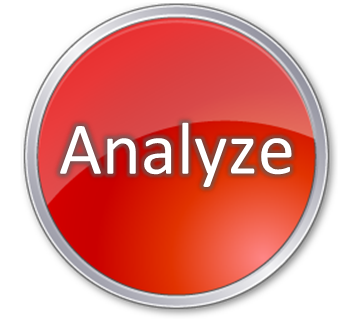
Fear of the Unknown
Explore your fears associated with the unknowns of your problem.

Fear is one of the prime drivers of human behavior.
In problem-solving, one of the most common fears is 'fear of the unknown'. Fear of the unknown is the first emotion that you must master.
Most problems have at least some degree of uncertainty. Determining how much is actually unknown can be tricky. It's easy to magnify the extent of what is unknown.
Analyze your 'Fear of the Unknown':
What is unknown?
What is uncertain?
What is it that you don't yet understand?
What are the dangers associated with not solving your problem?
Which unknowns make you feel uneasy?
Why do the unknowns of your problem make you feel uneasy?
Helpful Hint:
Use the Five Whys technique to distill out the root cause of your feelings.
How does the fear of failure affect your perception of the situation?
Do you tell yourself, "If I try, then I can’t fail?”.
In what ways do you use inaction to shelter yourself from failure?
Fear associated with change
If there is enough uncertainty associated with moving from your current 'known' position to an 'unknown' position, you may experience a preference for inaction. This is only natural. You are looking for some type of assurance that you can move between the two points safely and that you won’t end up in a worse position. Unfortunately, you will never find enough assurances to guarantee a safe move.
"Life offers no guarantees - only opportunities."

Sources:
Cognitive Control of Motivation. The Consequences of Choice and Dissonance, Philip G. Zimbardo, PhD., New York: Scott, Foresman and Co., 1969.
Thinkertoys: A Handbook of Creative-Thinking Techniques, Michael Michalko, Berkeley, CA: Ten Speed Press, 1991.
